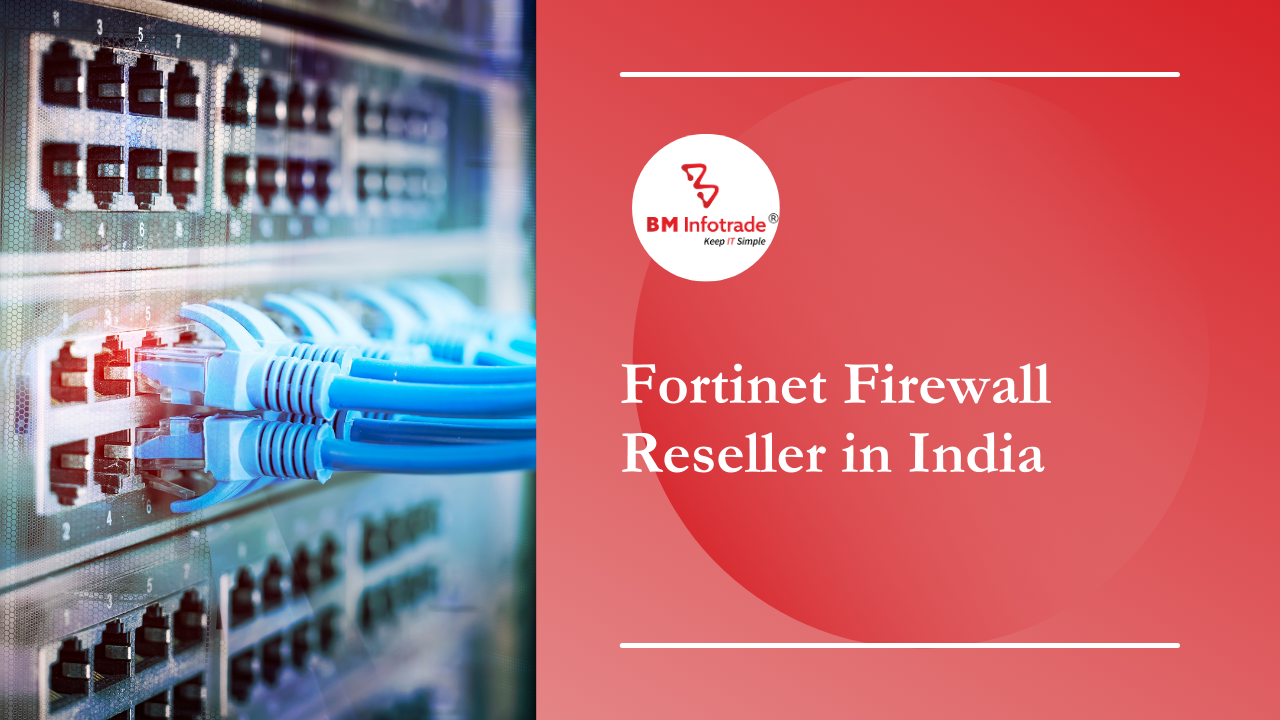Server storage- safely stored online
Explore the benefits of server storage for online data safety. Understand how to protect your information and ensure reliable access to your files.

Server storage- safely stored online
Table of Contents
The term "storage server" refers to a particular type of server that is used to manage and secure digital data, files, and services. It is a server designed with the specific purpose of storing and facilitating access to small to large amounts of data over a network or the Internet.
A storage server has more storage space, storage access interfaces, and specialized data retrieval and management tools but is typically less powerful than a standard server in terms of processing power. The main access point for data storage and access is typically a storage server. By using a GUI control panel, FTP, or a programmatic API, local client nodes and distant computers can access the storage server. It can be utilized as a backup server for the storage of backup data or for the regular or frequent storage and access of data.
A storage server is a crucial component of network attached storage (NAS), direct attached storage (DAS), and other storage networking technologies.

How important is Server Storage?
Data from operating systems, configuration files, databases, and product inventories will all need to be stored at rest by all customers. The server alone is not always the best place to keep all of this data, which must be stored somewhere.
In case of hardware failure, malware infection, or breach, unbacked-up data may be lost at any time. Every piece of data should be regularly backed up, ideally away from the server hosting the original files.
Additionally, RAID is not a backup option. RAID is explained in greater detail below, but in short, it enables you to lose one or more hard drives and still have access to the data through mirroring and/or parity. The enterprise storage solution's performance may also be improved.
There's a common adage that goes, "RAID is not a backup solution." It means that all the data in your RAID array would be lost just as if it were on a single disk, for instance, if your server or NAS were the target of a ransomware attack (which encrypts all data using an algorithm that is impossible to decrypt using brute force).
Read More: Cloud Provider-The best cloud storage services in the world
What type of storage is direct-attached?
The term "direct storage" refers to storage that is directly connected to a computer server, typically using SAS, SATA, or PCIe ports for NVMe storage. Most servers will need some kind of direct-attached storage, typically in the form of a hard drive or a solid-state drive (HDD and SSD, respectively). By mounting a network share, for example, in an iPXE boot environment, it is possible to run a server without directly attached storage. However, the majority of servers will at the very least use the direct-attached storage type for the operating system.
NAS/RAID storage - what is it?
A disk storage solution, NAS stands for network-attached storage. It might sound difficult, but it's not. It is merely a computer server that exists for the sole purpose of storing and disseminating data over a network using protocols like Samba for Windows and NFS for Linux and Unix. In the workplace, this server will typically be a 2U storage server with numerous hard drives and special operating systems designed exclusively for NAS units. While ready-made NAS units are available, it is much less expensive to build your own NAS from standard server parts. A NAS operating system like TrueNAS (previously known as FreeNAS), which is designed for 2U chassis, is typically used by NASs.
FreeBSD-based solution that makes use of the ZFS file system. ZFS enables the NAS to benefit from the advantages of both HDD and SSD server storage, with SSDs serving as a cache and hard disk drives constituting the majority of the storage. A very simple and turnkey solution for bulk data storage is provided by NAS units as a server storage solution.
As an alternative, there are Linux distributions made specifically for NASs, such as Open Media Vault. NASs can be used for backup, but they are only used for backup that takes place on-site, not off-site. Thanks to RAID, a properly configured NAS can completely saturate a 1GB Ethernet interface. Direct-attached storage can and does use RAID, but NASs almost always use it.
Why Is Off-Site Backup Required?
Every year, one or more locations on Earth are destroyed by tornadoes, hurricanes, floods, fires, bombings, etc. The loss of an entire data center is possible but unlikely. A French data center recently caught fire and garnered attention worldwide.
Even much simpler disasters have the potential to destroy data. A ransomware attack, which encrypts your data and demands payment to unlock it, can fail a RAID array if too many drives are lost at once. Another possibility is that a user deletes an unnecessary file by accident. Because of this, all sizes of businesses require incremental, frequent off-site backups.
By using cloud backup solutions, it is simple to have off-site backups without paying staff to transport tapes or hard drives to an off-site warehouse. It's simple, has little effect on server performance, and, most importantly, allows you to only recover the file you require without having to perform a full system restore thanks to solutions like the one provided by Acronis above! Developing a backup disaster recovery plan is crucial.
Read More: Cloud architecture: Workload on the cloud
Conclusion
A computer's ability to store information, either temporarily or permanently, is known as storage. Since they enable users to store all types of information, including videos, documents, pictures, and raw data, storage devices like flash drives and hard disks are a fundamental part of the majority of digital devices.








Anshul Goyal
Group BDM at B M Infotrade | 11+ years Experience | Business Consultancy | Providing solutions in Cyber Security, Data Analytics, Cloud Computing, Digitization, Data and AI | IT Sales Leader